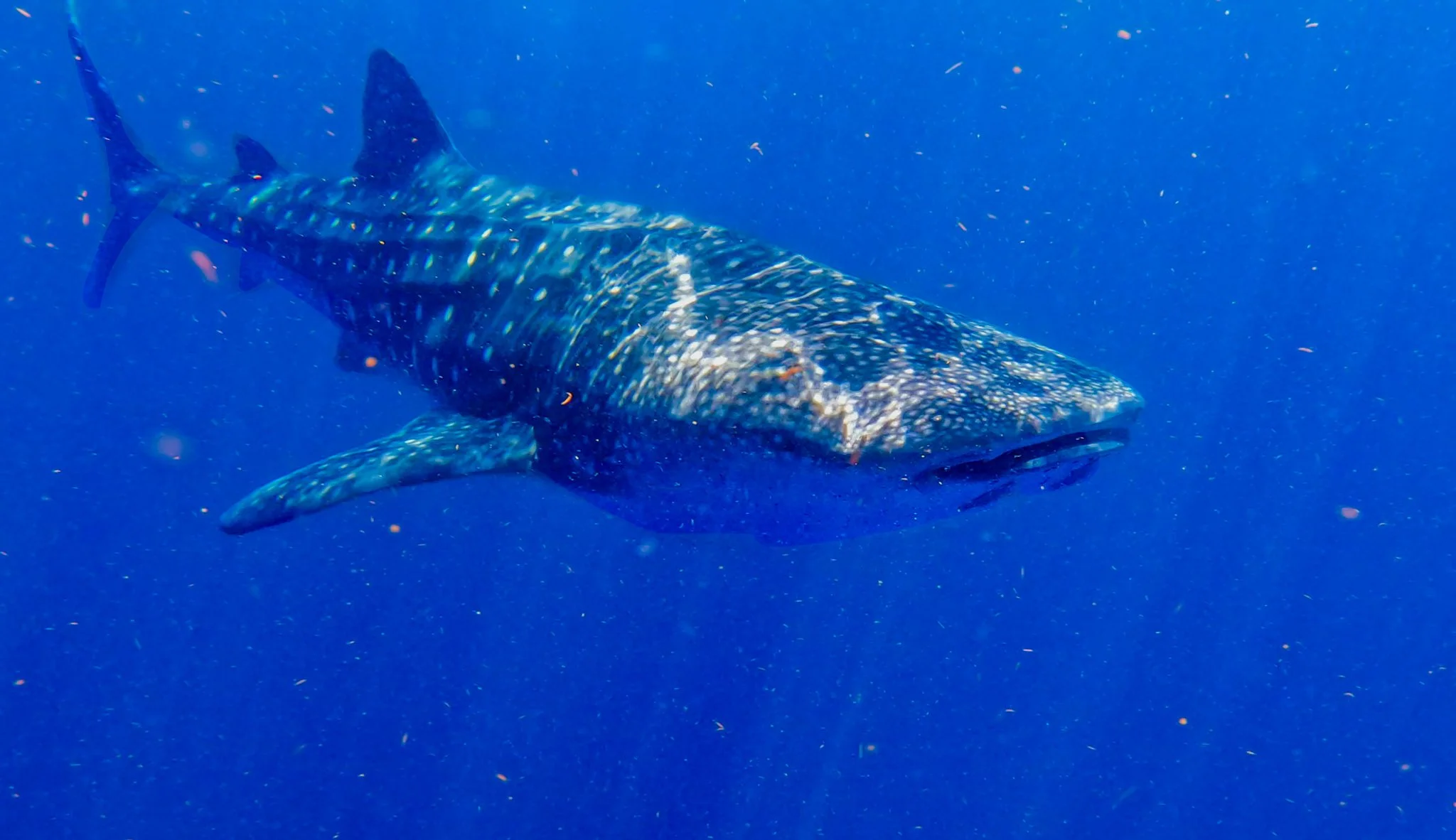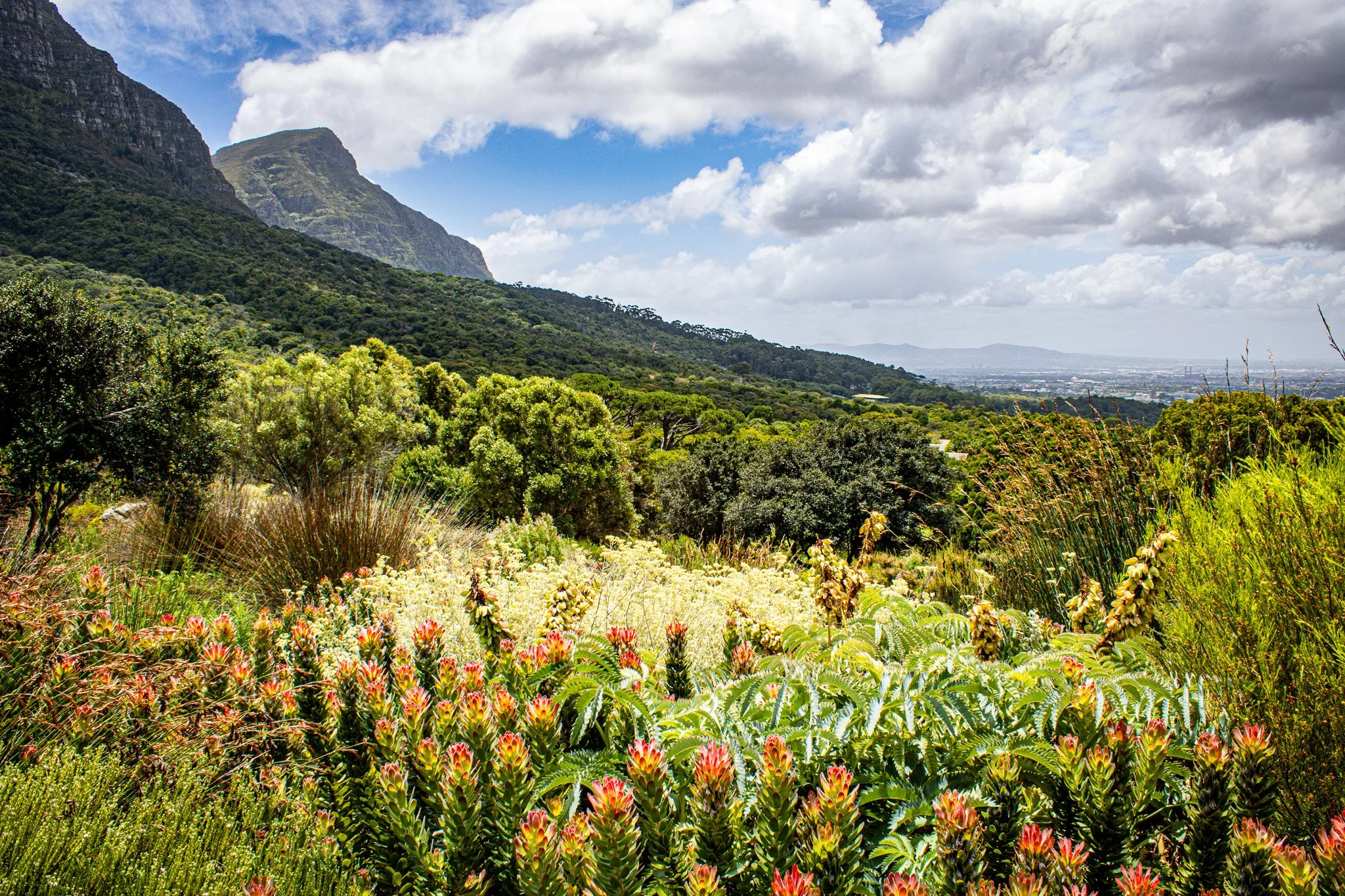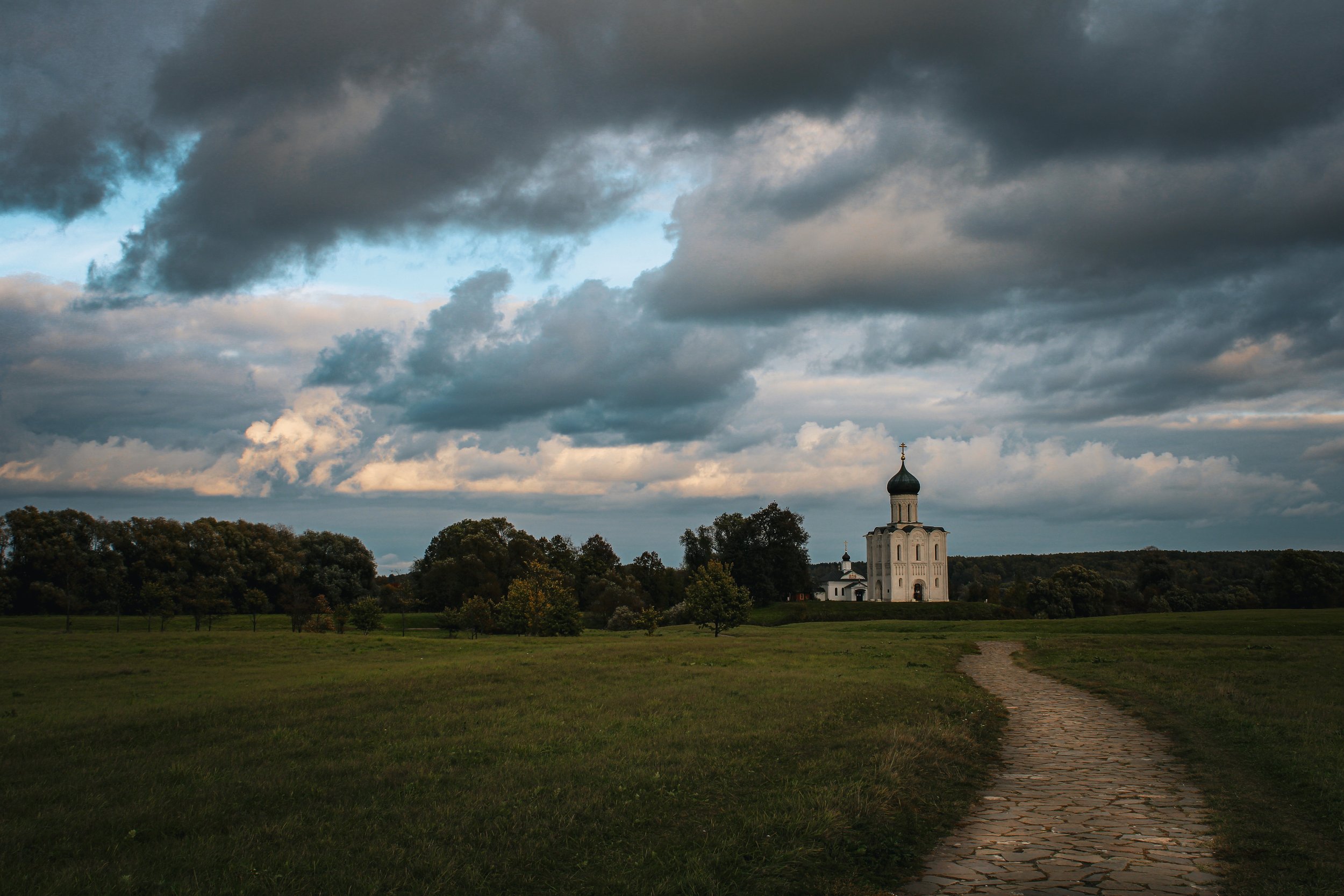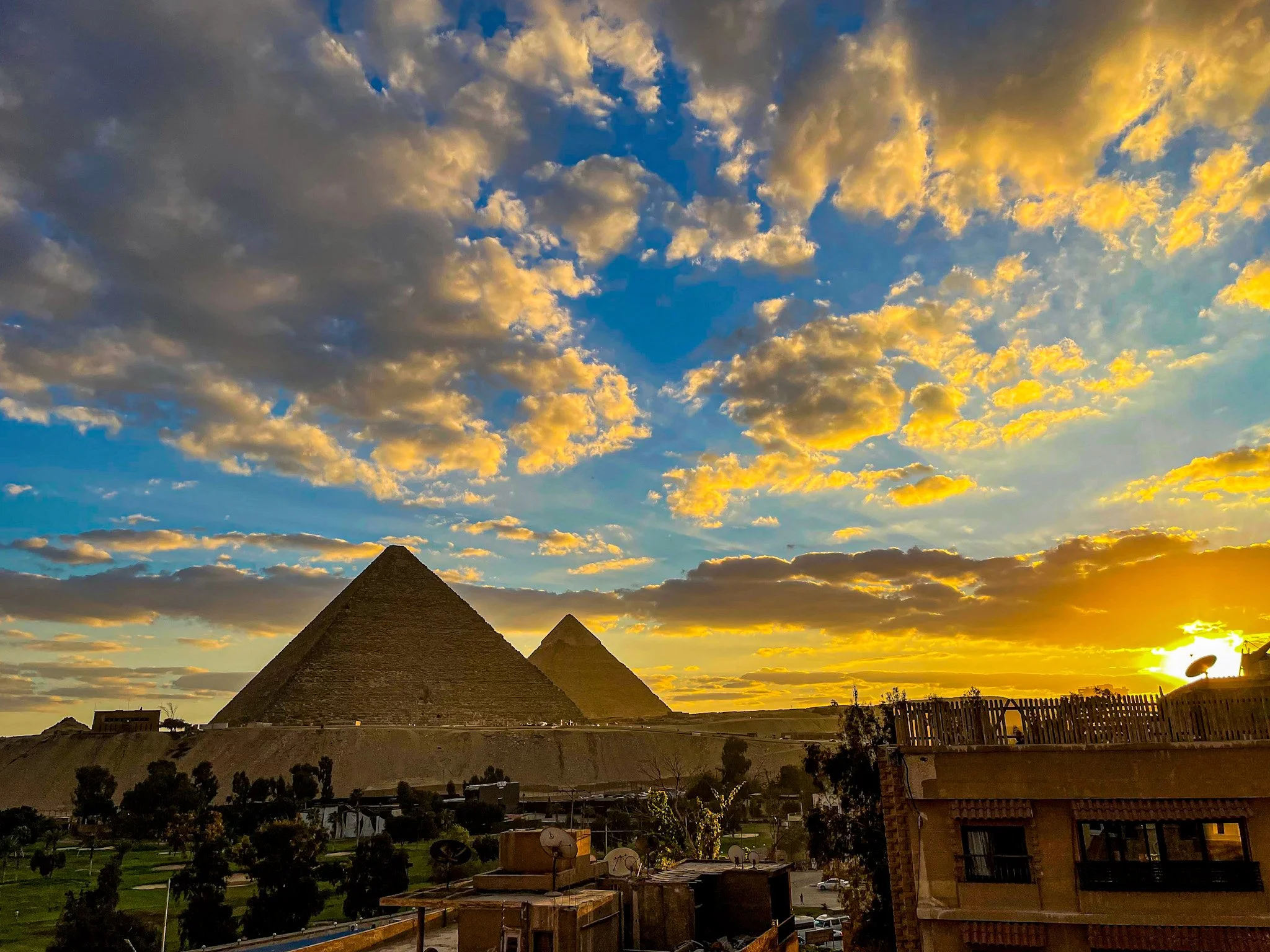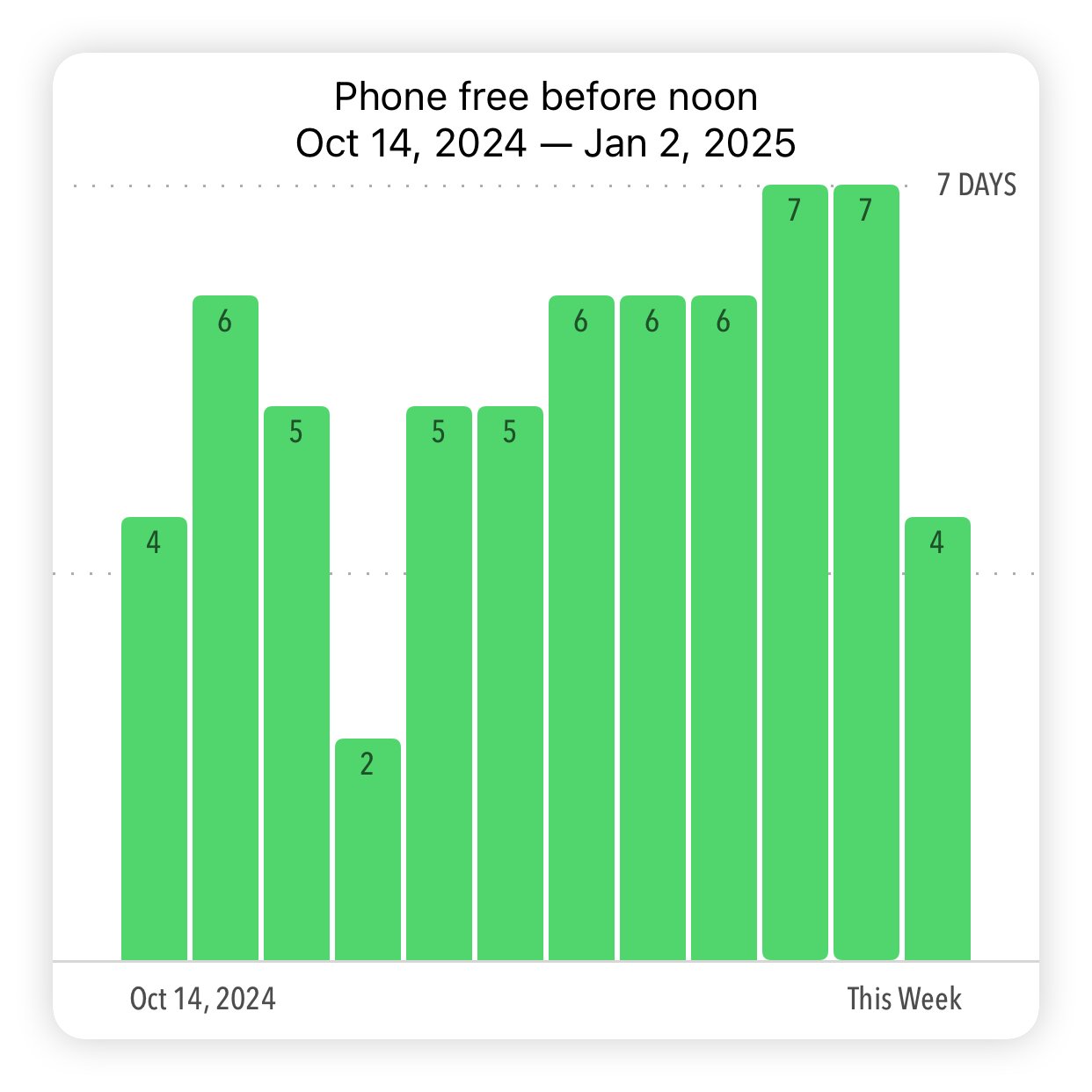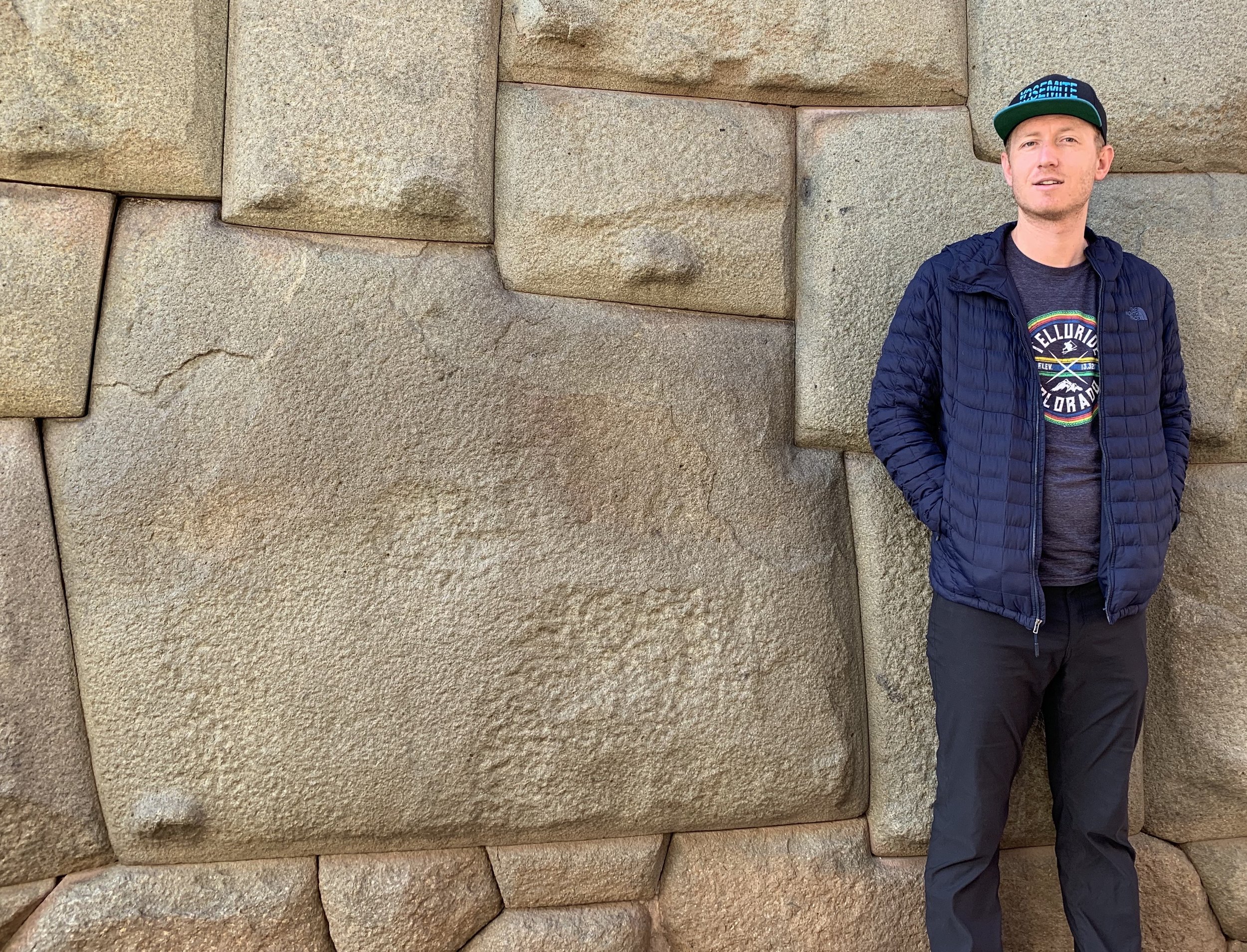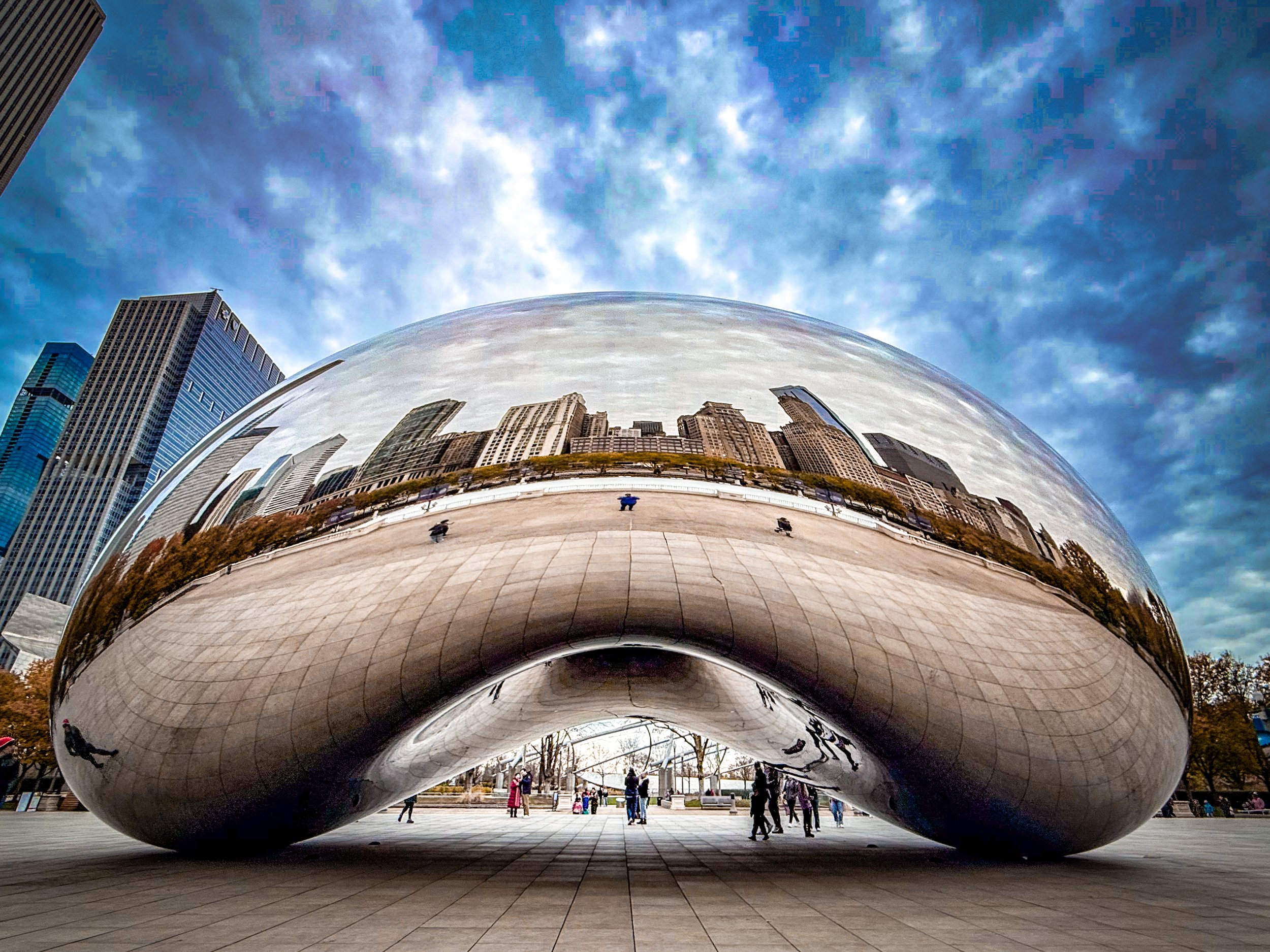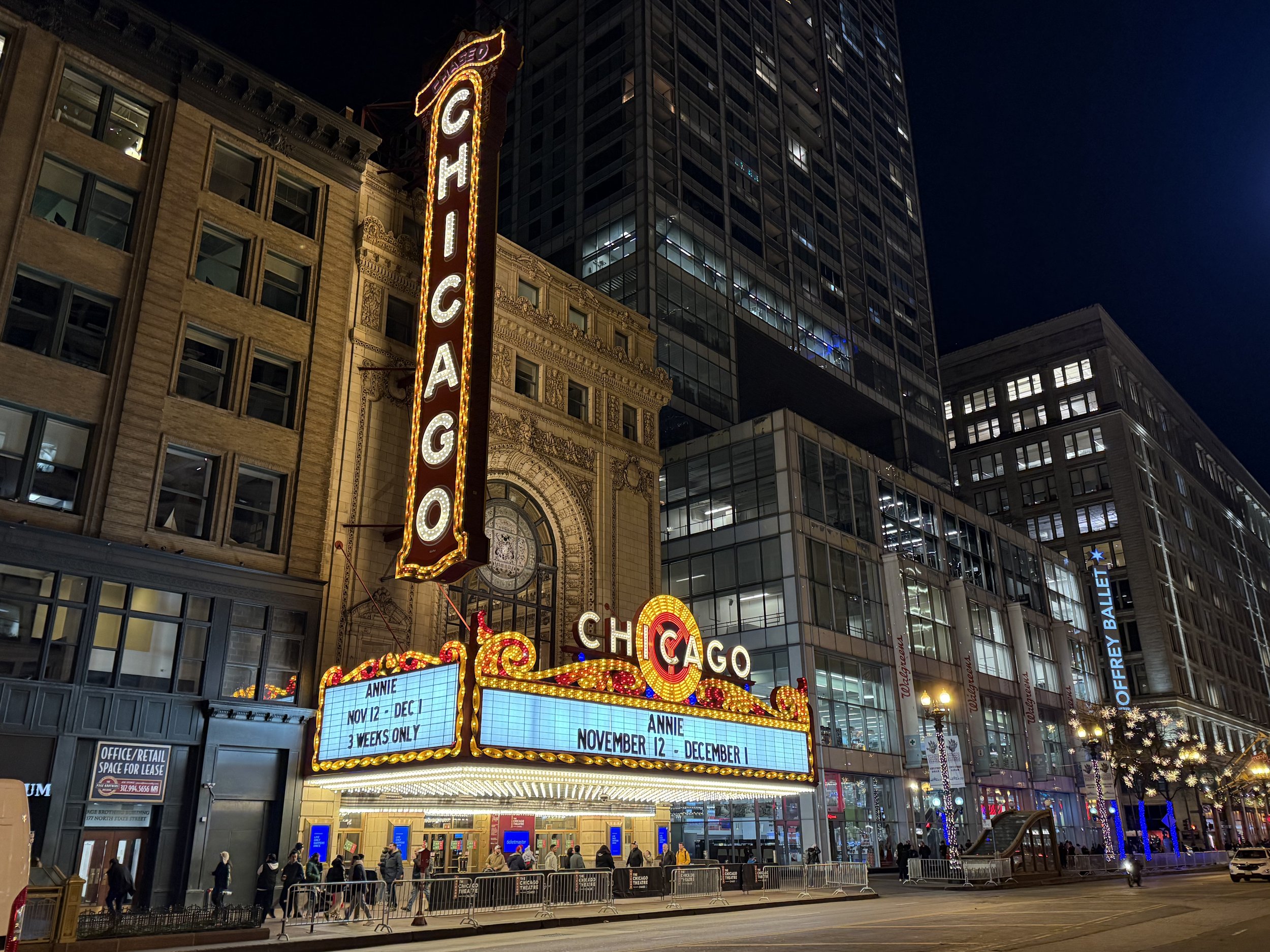Information is altering our species’ trajectory. And right now it doesn’t look good.
It’s all too easy to blame ‘technology’ as the culprit. “Social media is messing us up… everyone is staring at their phones all the time… everybody is addicted to their feed…” Our phones, or the internet, or social media, or ‘technology’ seem to be negatively influencing society. But what does this actually mean?
The very information we consume is changing. The way we consume it has changed, the amount of information we consume has grown, and the scale of information proliferation and consumption has never before been like this in human history.
Put another way, our relationship with information is fundamentally different in 2024, then… ever.
Let’s go back to the 1990’s. Let’s assume you’re someone highly interested in current events, local national and international news, politics and the economy, all of it. You would read the newspaper in the morning. Perhaps you would listen to the radio on your way to work. Maybe discuss current events with some of your coworkers in the break room. After dinner you’d watch the evening news for a bit. Maybe even before bed you’d read one of your magazine subscriptions, something “serious” like The Economist or National Geographic. That would be your information diet for the day.
Fast forward to 2024. If I’m not careful, I’ll listen to NPR’s “Up First” while exercising first thing in the morning. I’ll listen to another podcast while getting ready for work. On my commute I might read on my phone (I take public transit, but I’ve seen people do this while driving). Starting up my computer in the office, I open up my email, where the New York Times “The Morning” is waiting for me. I’ll scan that as I clear my inbox. I might listen to yet another podcast during my lunch walk. Upon quitting time, I might listen to more podcasts on my way home. Any chores like vacuuming, laundry or doing the dishes? I’m listening to podcasts. Then there’s the doom scrolling on my phone between dinner and bed. Think about this. How much consumption is happening throughout a day like this? (I’ve written about this before). This is a normal day for a lot of people! This information diet, compared to the average one in the 1990’s, is HUGE.
The quantity, quality, speed, and delivery of information have all drastically changed.
Quantity. Instead of a few prominent newspapers and 4 networks, there are thousands of information sources, . Almost every developed region of the world has a local paper. TV channels exist by the thousand for many countries. There’s YouTube and millions of other websites. Social media and other mobile platforms assimilate all the information. Hell, you can search for anything at any time, with the search bar that exists on all our devices. Just look at Leo’s statistics from my Brave search.
Quality. This explosion in quantity naturally affects the quality of information. Democratization of the news has many benefits, but it also means more people are spreading information, without necessarily verifying it. When it’s not your job, when your livelihood is not dependent on verifying facts and responsible journalism, there are no consequences to sharing interesting stories, irrespective of truth. Everyone is sharing information now, and this has negatively affected information quality.
Speed. In the 1700’s it took months to hear back from another continent. The Pony Express of the mid 1800’s could deliver information across (half) the U.S. in 10 days. Wires crisscrossing the Earth’s crust now enable near instant information sharing. We receive, and expect, information immediately. This impacts how we operate in modern society. It makes it difficult to be present, when there’s inherent anticipation of more information. The higher quantity of lower quality information incessantly bombards us.
Delivery. In my 1990’s example I listed the different mediums available for information consumption: the radio, the TV, and text (primarily books, newspapers and magazines). We all know how most people consume information today: the internet, mostly through social media. Content is generated and organized solely with your attention in mind, because that’s how platforms and creators make money. We are choosing what information we consume less than ever before, our consumption dominated by the infamous doom scroll as our brain circuitry has adapted to constant information delivery.
This drastic change in quantity, quality, speed, and delivery of information is reshaping how we think, feel, and engage with the world. We know the consequences all too well. Anxiety and polarization feel rampant. Distrust in institutions and leadership is at an all-time high. When thinking about the future, it seems we all see a bleak picture.
But it’s not hopeless. We can advocate for transparency and change, demanding better from our policymakers and BigTech. There are also simple (simple, not easy) solutions each of us can take. We can limit our phone use; instead of a magic boredom relief device, I’m trying to only use it for these 5 things:
Calls
Texts
Photos
Maps
Audio (songs, books & podcasts, in that order)
We can make phones tools again. We can focus on conscientious consumption: “why am I looking at this? Is it just because I’m bored? Is this reliable information?” This Reddit guide proves a useful start. We can retake ownership of our relationship to, and consumption of, information. We can take back control. We just have to decide it’s important.

